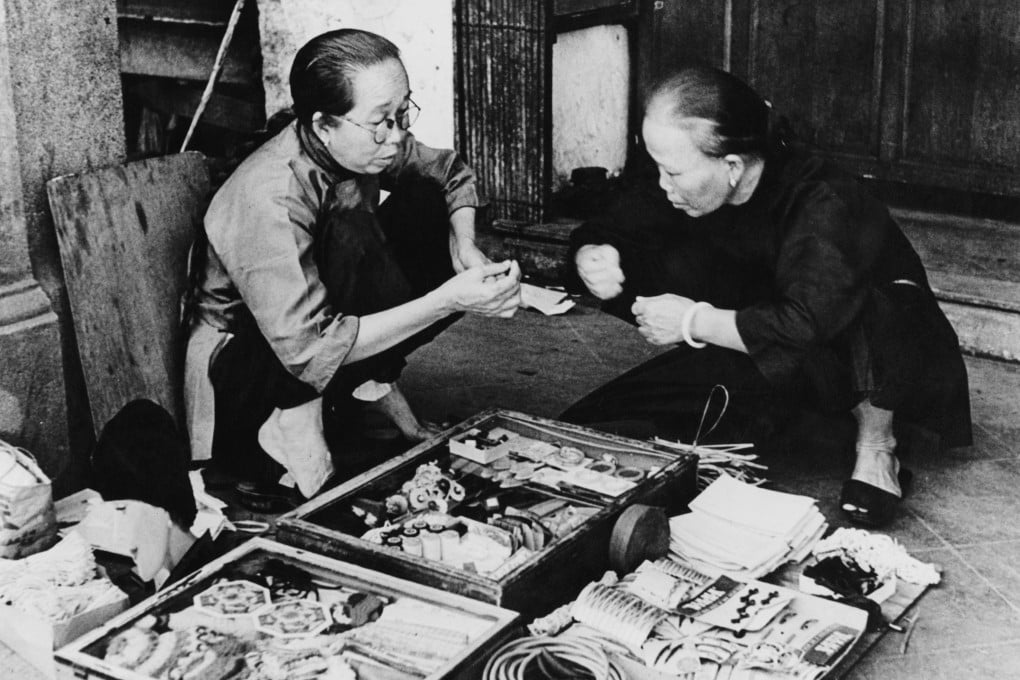Reflections | Why the misplaced superiority of some Hong Kong people, not my ‘adulterated’ Cantonese, was the problem
- Cantonese spoken in Singapore absorbed words from its multilingual, multiethnic population such as that for money, which came from Dutch via Malay and Hokkien
- The writer felt he should stop using the words in Hong Kong, yet came to see them as linguistic markers of roads his forebears took that make him who he is

In my previous column, I mentioned that the Cantonese spoken in Singapore and Malaysia contains many loan words from other languages and Chinese dialects. When I first arrived in Hong Kong, these loan words that peppered my Cantonese amused many Hong Kong Chinese I met, who saw fit to laugh at me and always in my face.
As someone in his 20s who was trying to fit in and who thought he could do so effortlessly, it took me a long time to expunge these embarrassing words from my spoken Cantonese and I would silently cringe whenever the odd one slipped out.
Now that I am much older, I realise that it was not parts of my vernacular that I should have exorcised, but the deep resentment planted in me by the arrogance and misplaced superiority of some Hongkongers.
An apposite example is the word for “money”, which, going by the “Kung hei fat choi” that’s still being exchanged ad nauseam, is something that matters a great deal to many Chinese. (In case you don’t know, Kung hei fat choi literally means “wishing you a phenomenal proliferation of wealth”.)

